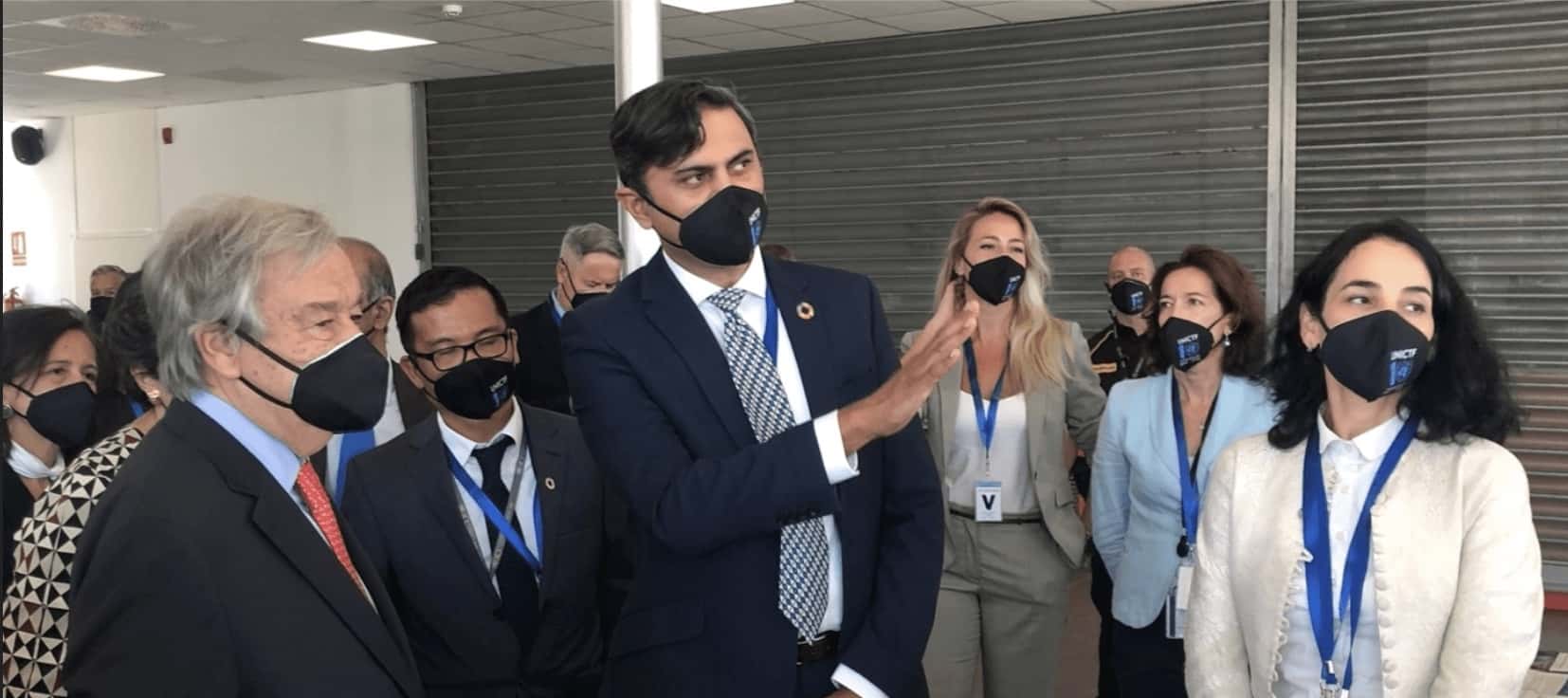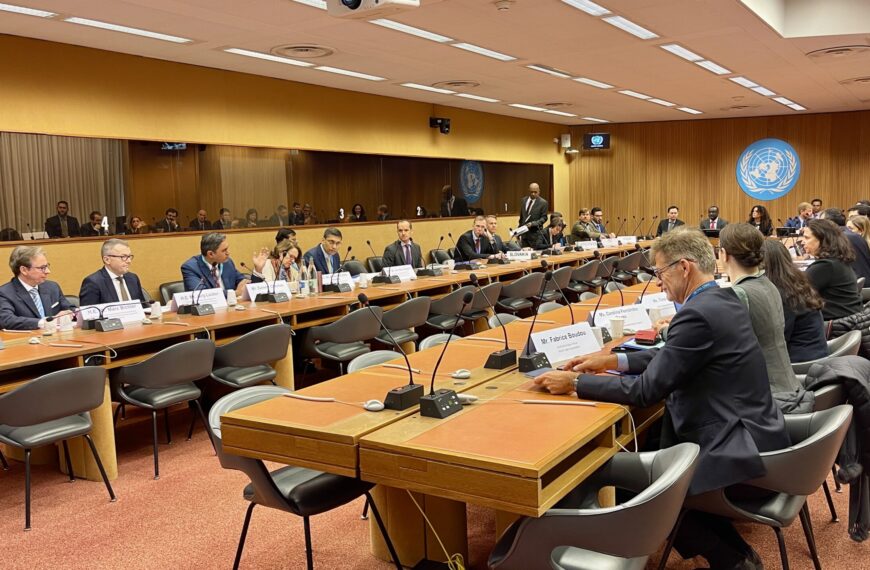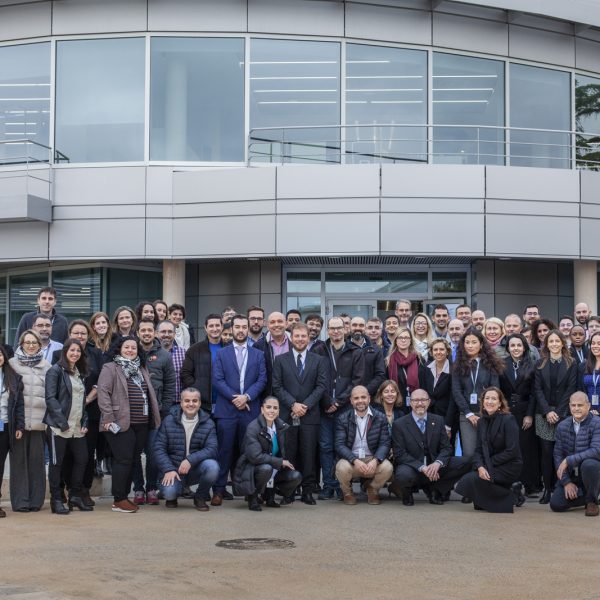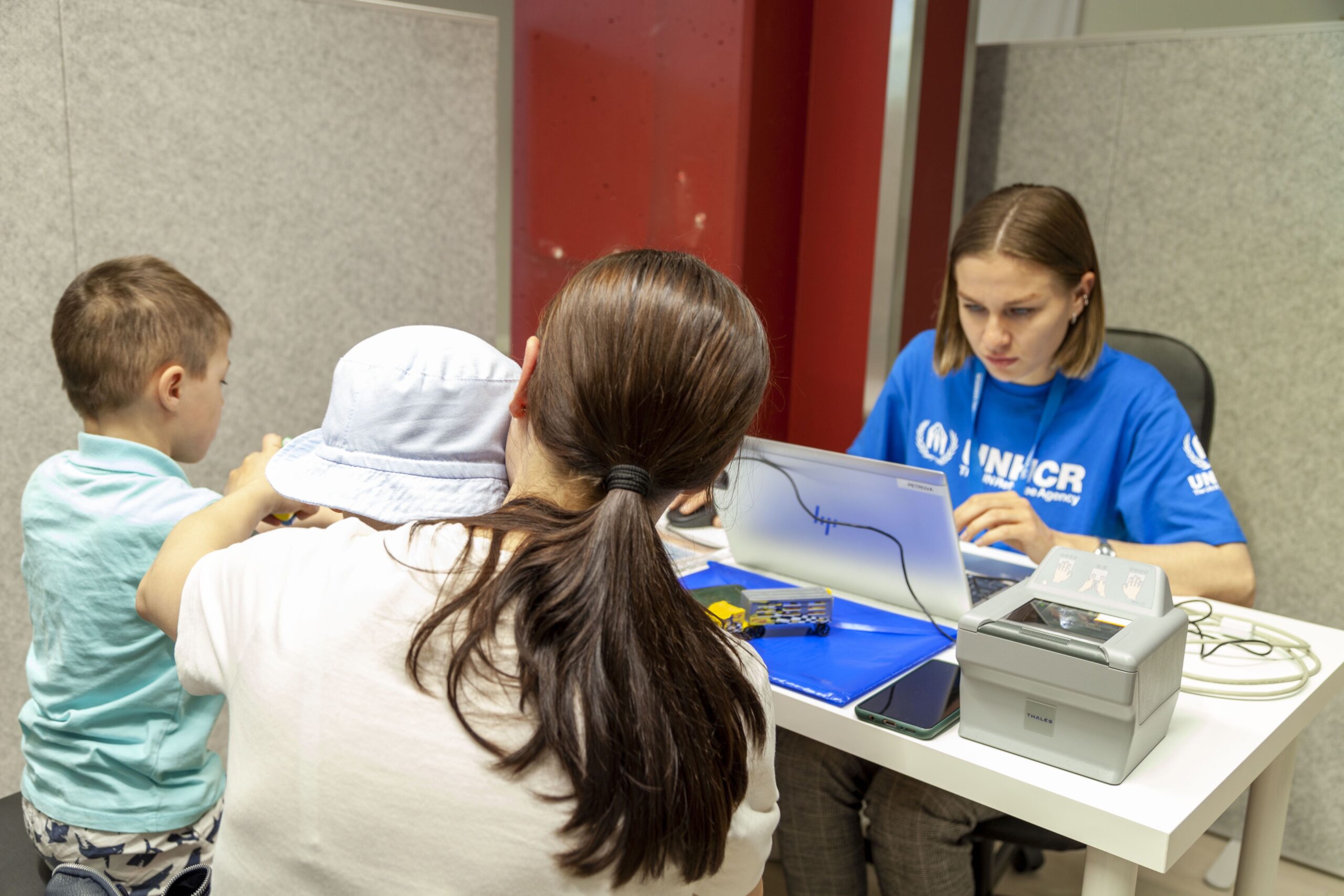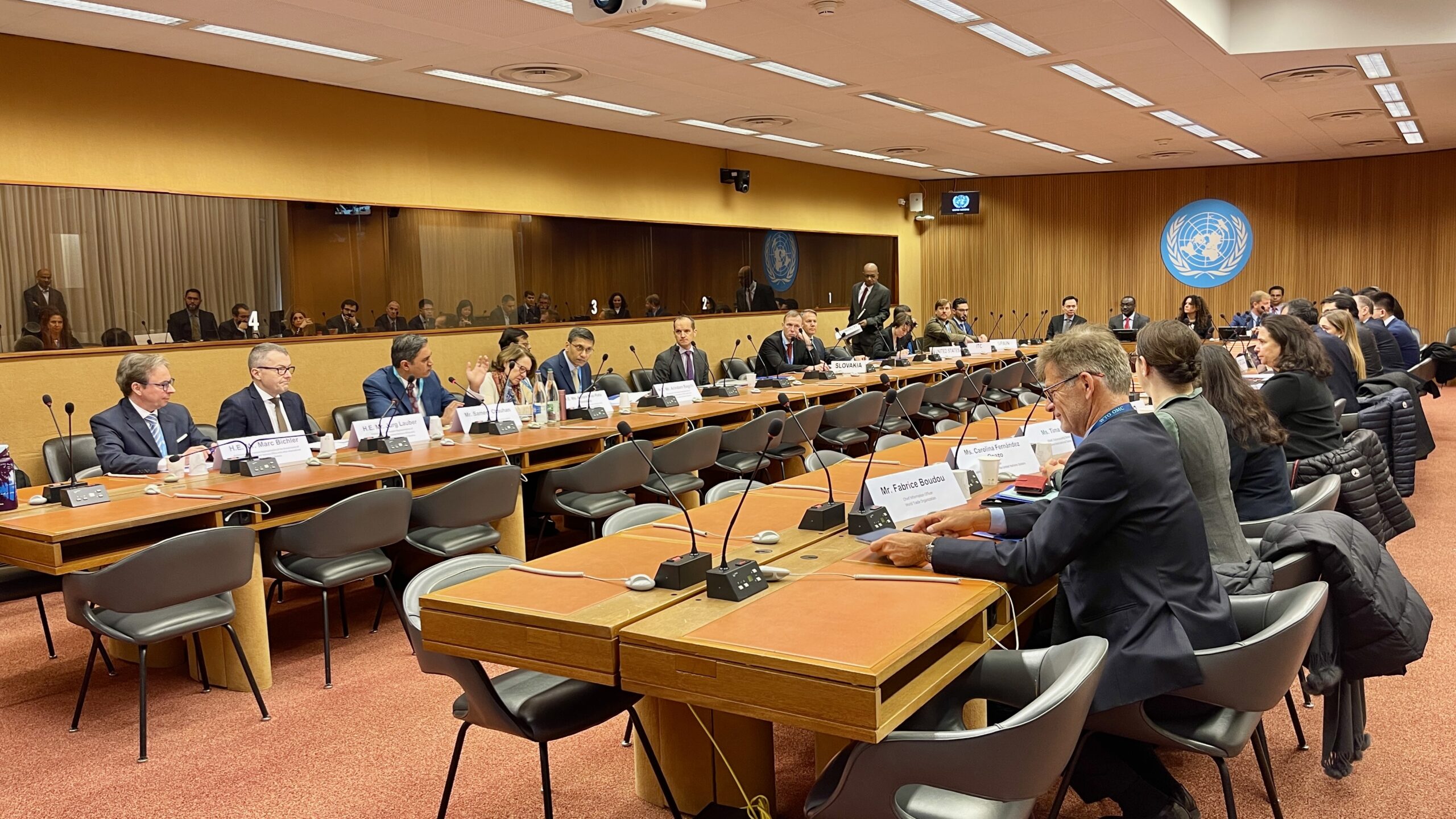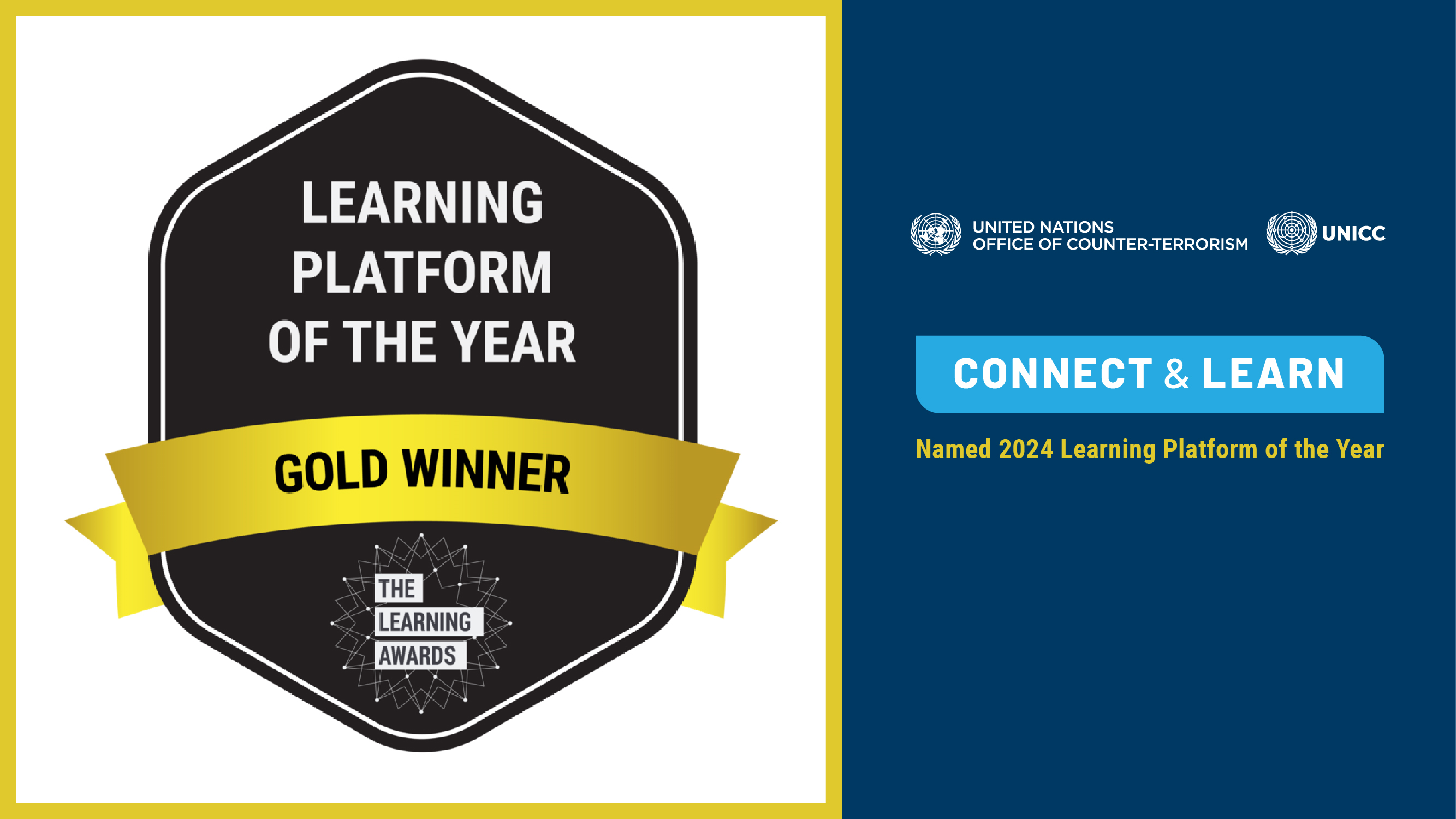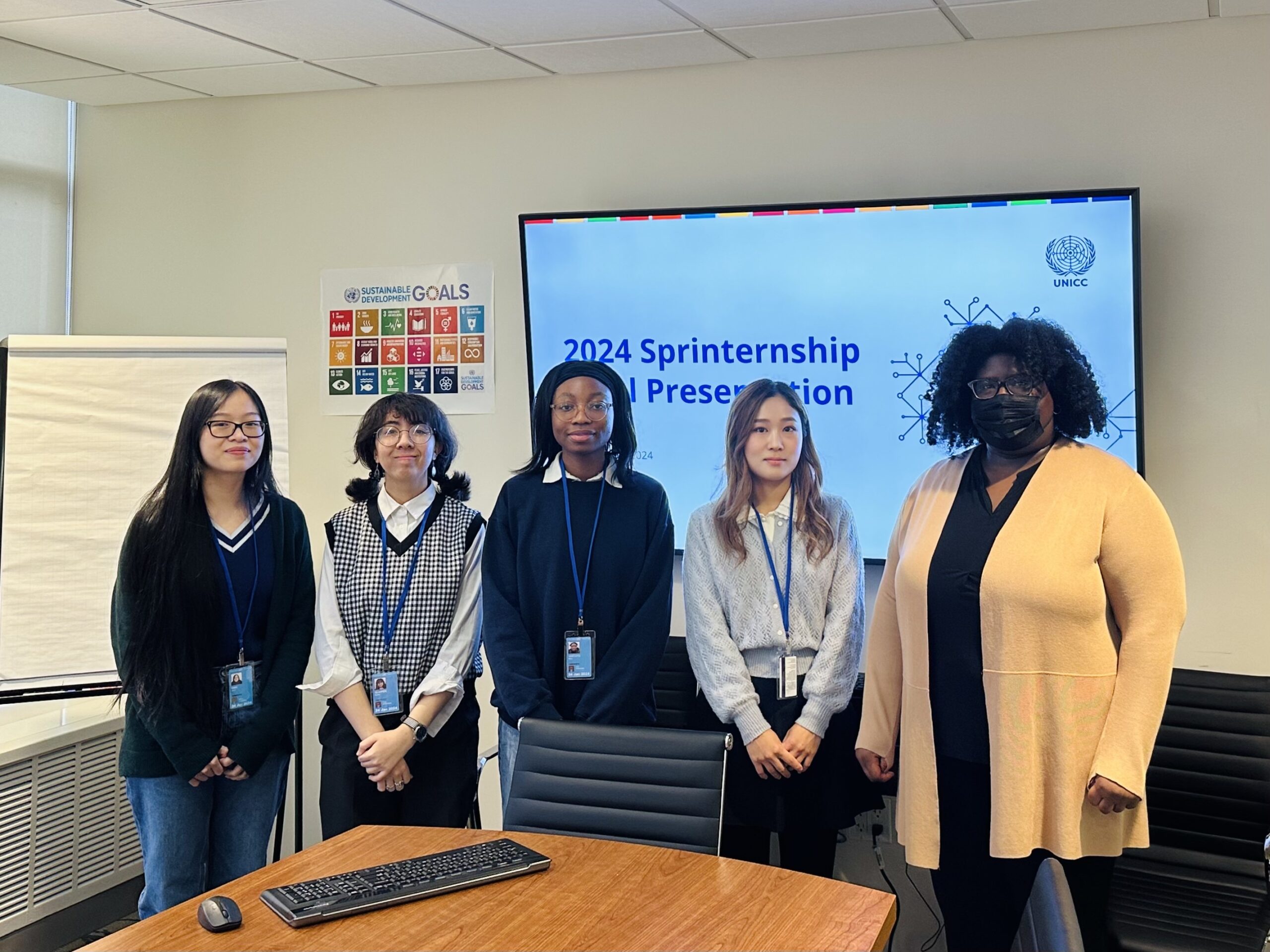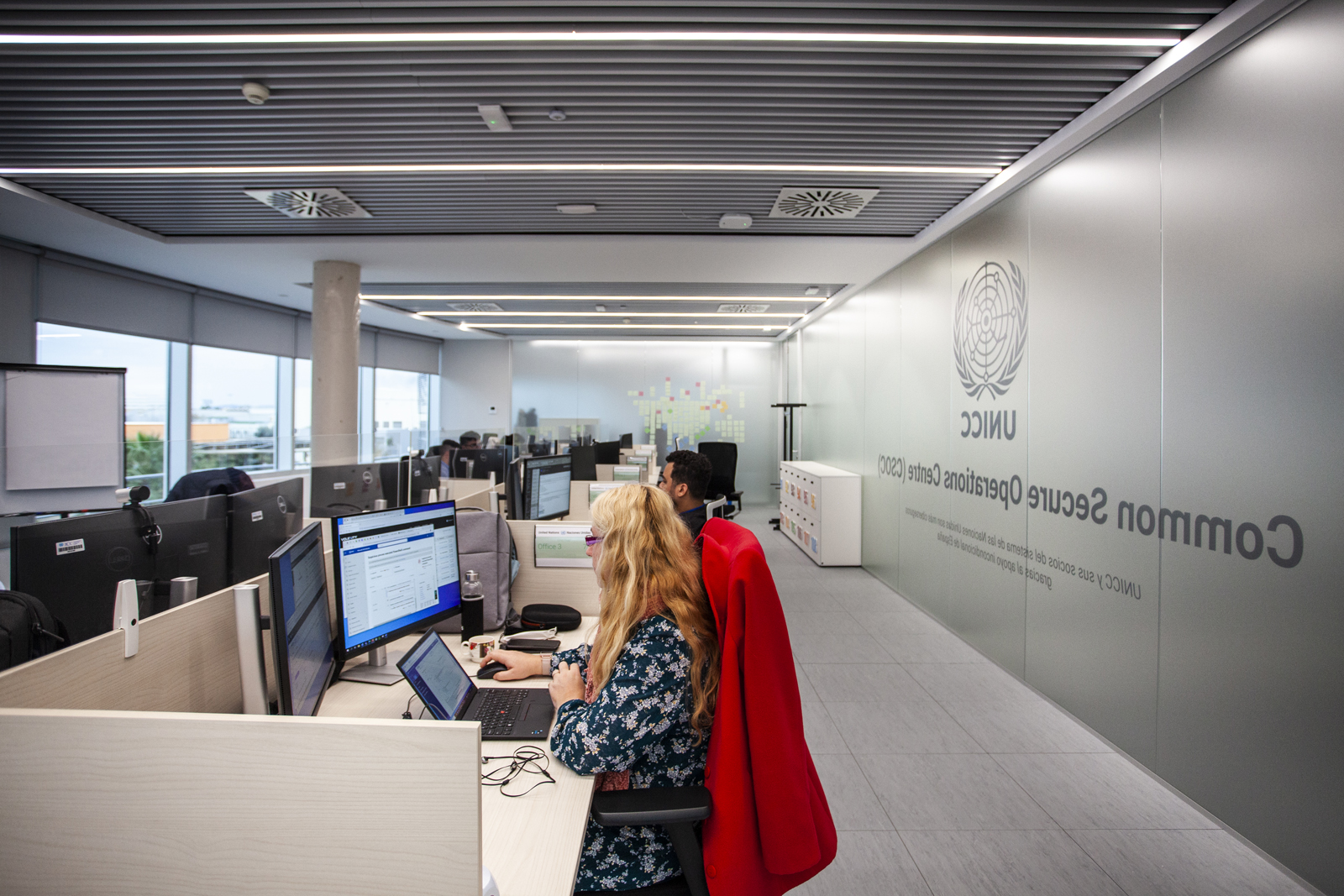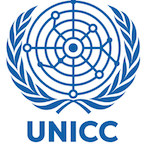
Spotlight
Clients & Partner
Organizations
Trusted Services & Digital Solutions
Years of UN & Industry Experience
Strategic & Operational Locations
As the UN system rapidly goes digital, UNICC can be a catalyst, an accelerator and an operator for standardized, cost-effective and transparent reform. We have proven our ability to add value to the system through a long history of operating under a cost-recovery model with just one unique goal: supporting the UN family with digital business solutions.
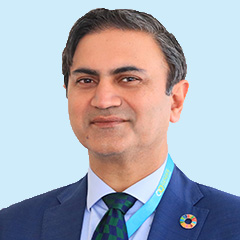
Sameer Chauhan, Director of UNICC
Clients & Partner
Organizations
Trusted Services & Digital Solutions
Years of UN & Industry Experience
Strategic & Operational Locations
As the UN system rapidly goes digital, UNICC can be a catalyst, an accelerator and an operator for standardized, cost-effective and transparent reform. We have proven our ability to add value to the system through a long history of operating under a cost-recovery model with just one unique goal: supporting the UN family with digital business solutions.
 Sameer Chauhan, Director of UNICC
Sameer Chauhan, Director of UNICC

Do you want the latest UNICC News?
Subscribe to our newsletter to see all of our latest news
